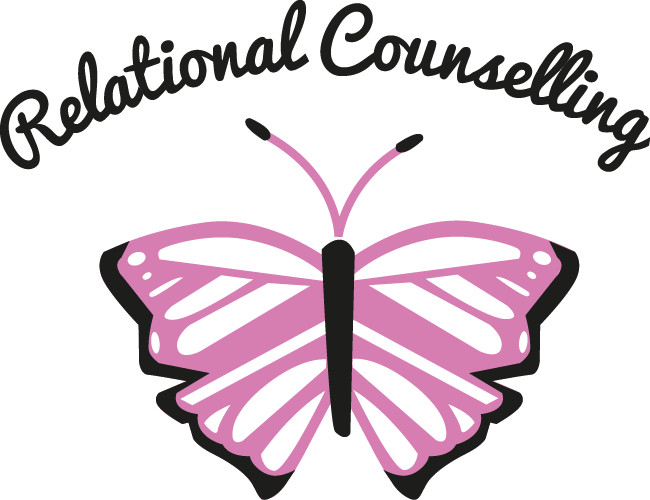Bereavement and Counselling
Loss is a part of life that everyone experiences at some point, and each person will handle it in their own way. As a reaction to our loss, we may experience intense overwhelming emotions and this can often feel quite confusing. Emotional responses can range from sadness, pain, anger, denial, fear, confusion, and so many other feelings such as resentful or even a sense of relief. Some people continue life as usual, some may avoid grieving by supporting other family members or friends or by throwing themselves into work, others may withdraw from work and family, shutting feelings out and fear opening up.
There is no right way to grieve; your way is the right way.
Elisabeth Kübler-Ross and David Kessler suggest there are Five Stages of Grief and Loss (2020) which are denial, anger, bargaining, depression and acceptance.
These stages are not necessarily processed in any order, and not everyone will go through all of the stages. Additionally, some people may jump back and forth, revisiting stages. Can you relate to any of these stages or recognise where you are now?
Anxiety is the missing stage. When we experience a loss often there is a neurological response which presents itself as anxiety. This is our bodies natural response to shock. This type of distress can be very hard to manage and often our support network is grieving too. This makes it difficult for them to emotionally support others. What many people don’t know is that therapy can make a significant difference for those suffering from a loss as it gives you dedicated time and space in your life to speak openly about yourself and the impact your loss is currently having.
Everyone needs to grieve, it is important to accept our loss which helps us to move forward, but this isn’t always easy. Sometimes when the pain is intense and lasts for a long time, this affects everyday life, the way we feel and behave. Some people can react by trying to be stronger than they really are, and handling a loss in this way can really take an even bigger toll on you without you realizing it. The result of this eventually is that everything will feel like it's all come crashing down on you.
The impact of a loss can stay with us for several years. Bereavement therapy can be helpful during your time of grieving, and you might be surprised how finding the time to grieve your loved one can alleviate any overwhelming emotional responses as a natural response to your loss. By allowing yourself time to process your feelings in a safe environment can provide you with the uninterrupted space you need for healing.
If you seek a welcoming place with understanding, professionalism, and a therapist who cares, you have certainly come to the right place. Many people have expressed how surprised they were to discover how helpful bereavement counselling can be once they have started.
‘’After the death of my dad, I felt very overwhelmed and alone. I was unable to speak about how I was feeling because I didn’t want to burden those around me, they had so much going on themselves. It seemed I was always the person that everyone turned to for support and I didn’t have an outlet to share what was going on for me. I would usually speak to my mum but she was grieving too and she also had a lot going on herself, not only had she lost her husband she was having to sell her house because she couldn’t afford the mortgage on her own.
I came across Relational Counselling through my friend's recommendation. At first, I was sceptical, I didn’t know if counselling would help or not, but my friend recommended it and all I knew was I wasn’t coping. I’ve found counselling really helped me to process how I felt and it allowed me to grieve without anybody trying to fix my pain or talking over me about their own experiences of loss. I would recommend if anyone is experiencing loss to seek bereavement counselling, it really did help me understand my grief and make my life feel more manageable again. ‘’
- Counselling helped me after losing my dad - By anonymous
I've gone through various losses and bereavements throughout my life, each with its own distinct set of circumstances and emotions. Some of these losses were the result of natural causes, while others were more complicated. I received support during some of these experiences but not during others, which had an impact on how I went through the grieving process. It's crucial to keep in mind that every individual's process of grieving is unique and personal.
If you have lost a loved one and feel talking would help, contact me on 07456 016686 to learn more about bereavement counselling or any of the other counselling services I offer. I am here to help you.
References
Grief (2020) The Five Stages Of Grief. [online] Available at: https://grief.com/the-five-stages-of-grief/ [Accessed 28 Jan. 2020]
Bibliography
Improving Lives Counselling (2020). Grief & Loss. [online] Available at: https://improvinglivescounseling.com/counseling-topics/grief-loss/ [Accessed 28 Jan. 2020]

